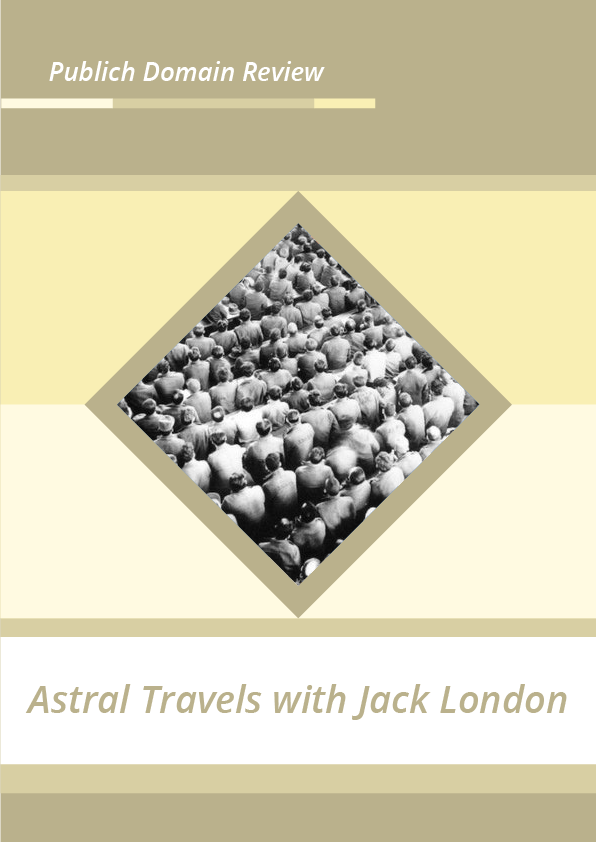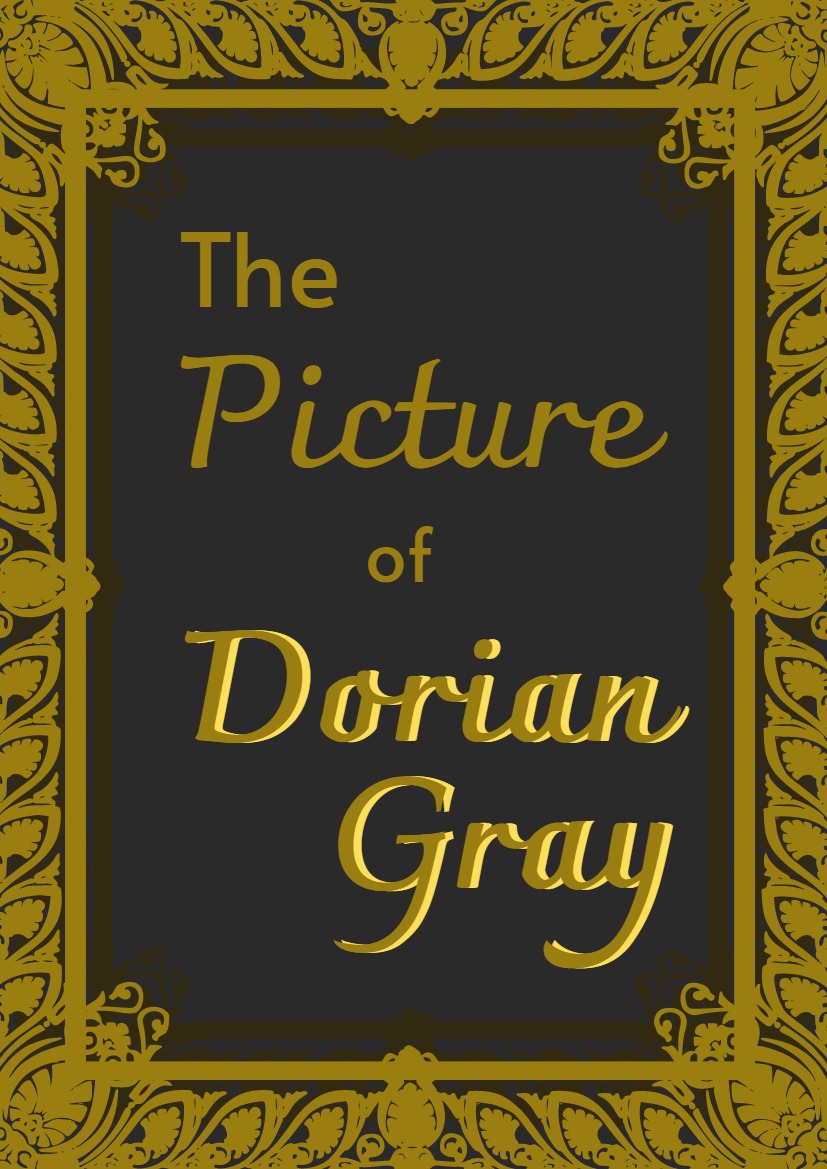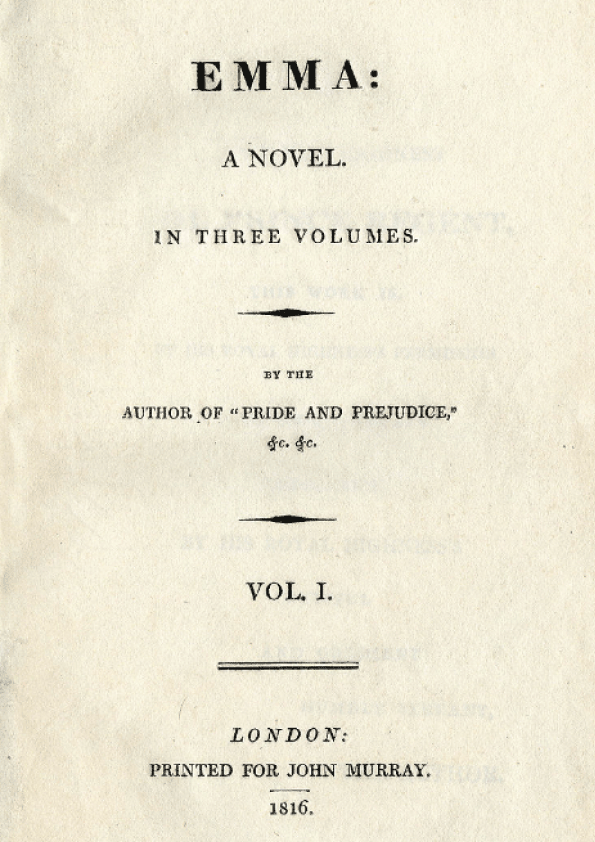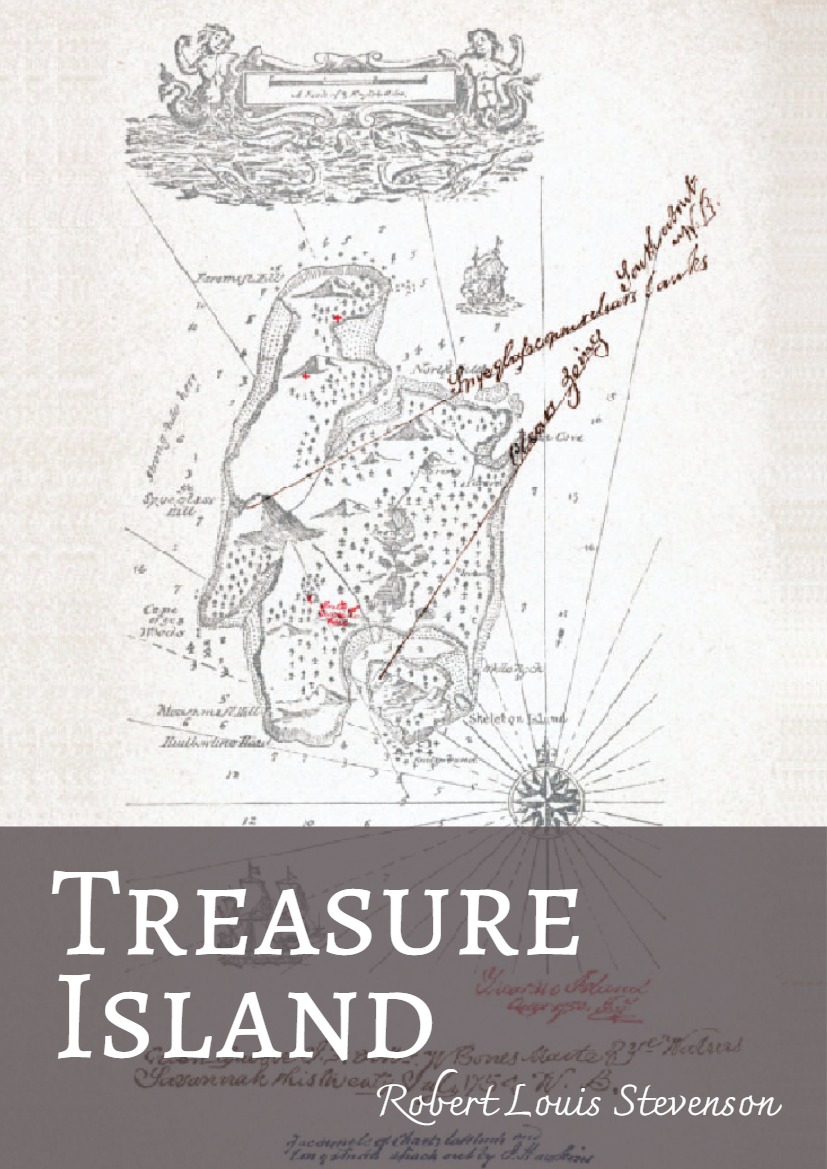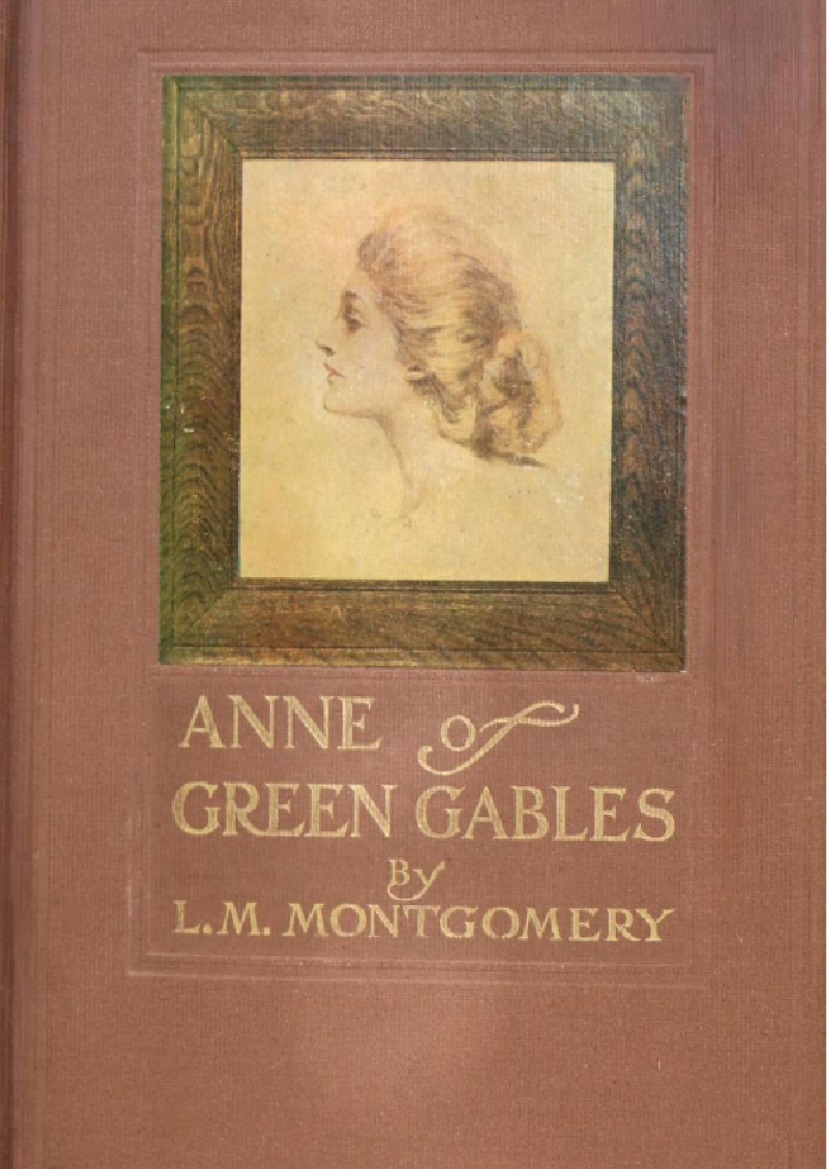On the centenary of Jack London’s death, Benjamin Breen looks at the writer’s last book to be published in his lifetime, The Star Rover — a strange tale about solitary confinement and interstellar reincarnation, which speaks to us of the dreams and struggles of the man himself.
Twenty times a day, a catamaran sets out from the Northern California town of Larkspur. The vessel traces a graceful arc southward toward the San Francisco Ferry building, passing outcroppings of red boulders, low hills of golden grass, and the occasional houseboat. Before long the skyline of San Francisco appears, pearly white and silver towers surmounting the permanent bank of fog that shrouds the Golden Gate. The tourists who throng at starboard to take in the view rarely notice that another landmark looms directly behind them. San Quentin.
The prison’s environs are disarmingly beautiful. The building itself, of course, is as stern as one would expect a maximum-security penitentiary to be — all stained concrete walls and grim, cathedral-like buttresses. But the landscape is enchanting. At night, with crickets humming in the hills and mist-shrouded stars glowing above San Francisco, the juxtaposition feels dreamlike, hallucinatory. It is here, in this prison amid paradise, that the action of Jack London’s The Star Rover plays out.
London’s sole foray into the realm of science fiction and fantasy is simultaneously a hard-bitten, minimalist monologue about life in solitary confinement and an exuberant tour of the universe. The book’s narrator, Darrell Standing, moves disarmingly from the agony of his confinement in a straitjacket to his travel amidst the stars equipped with a glass wand that allows him to access an infinity of past lives, including a fourth-century hermit, a shipwrecked seal hunter, a medieval swordsman, and a confidant of Pontius Pilate. It is a novel about sensory deprivation in a shared reality, and sensory overload in a private one.
This is a deeply eclectic book. It borrows liberally from the forebears of the fantasy genre: fairy stories, Norse legend, Greek myths. But it also manages to include feuding UC Berkeley scientists, “dope fiends”, Neolithic hunter-gatherers, kimchi, and a journalistic exposé of the modern prison system. The bizarre multiplicity is precisely the point. London’s narrative does many things, but it always seems to circle back to the question of how the worlds encompassed within a single consciousness can interfere with the shared reality of modern society. As we hurtle towards a near future of immersive virtual reality and unceasing digital connectedness, The Star Rover has much to tell us.
The novel’s evocation of confinement sprang from a painful first-hand experience. London grew up impoverished and fatherless, and he lived rough as a teenager. During the winter of 1894 he served thirty days in the Erie County Penitentiary in Buffalo, jailed for the crime of vagrancy at the age of eighteen. The grimness of this wintry prison stint stuck with London. “Man-handling was merely one of the very minor unprintable horrors of the Erie County Pen”, he wrote in his memoir The Road (1907):
I say “unprintable”; and in justice I must also say indescribable. They were unthinkable to me until I saw them, and I was no spring chicken in the ways of the world and the awful abysses of human degradation. It would take a deep plummet to reach bottom in the Erie County Pen, and I do but skim lightly and facetiously the surface of things as I there saw them.
London’s experiences of prison and riding the rails in the fallout of the Panic of 1893 radicalized him. He joined the Socialist Labor Party in 1896 and began giving fiery speeches in Oakland parks. By the time he began The Star Rover — which originally entered the world as a magazine serial in February 1914 — London drifted away from Socialist politics. Yet the narrative retains a vein of gritty realism that recalls the work of his friend Upton Sinclair. The central character Darrell Standing’s confinement in “the jacket” was inspired by London’s interviews with Ed Morrell, a former Old West outlaw who had suffered a brutal period of confinement in San Quentin. Amidst his star roving, Darrell Standing also finds time to reflect on the evils of the Philippine-American War: “It was laughable to behold Science prostituting all the might of its achievement and the wit of its inventors to the violent introducing of foreign substances into the bodies of black folk.”
